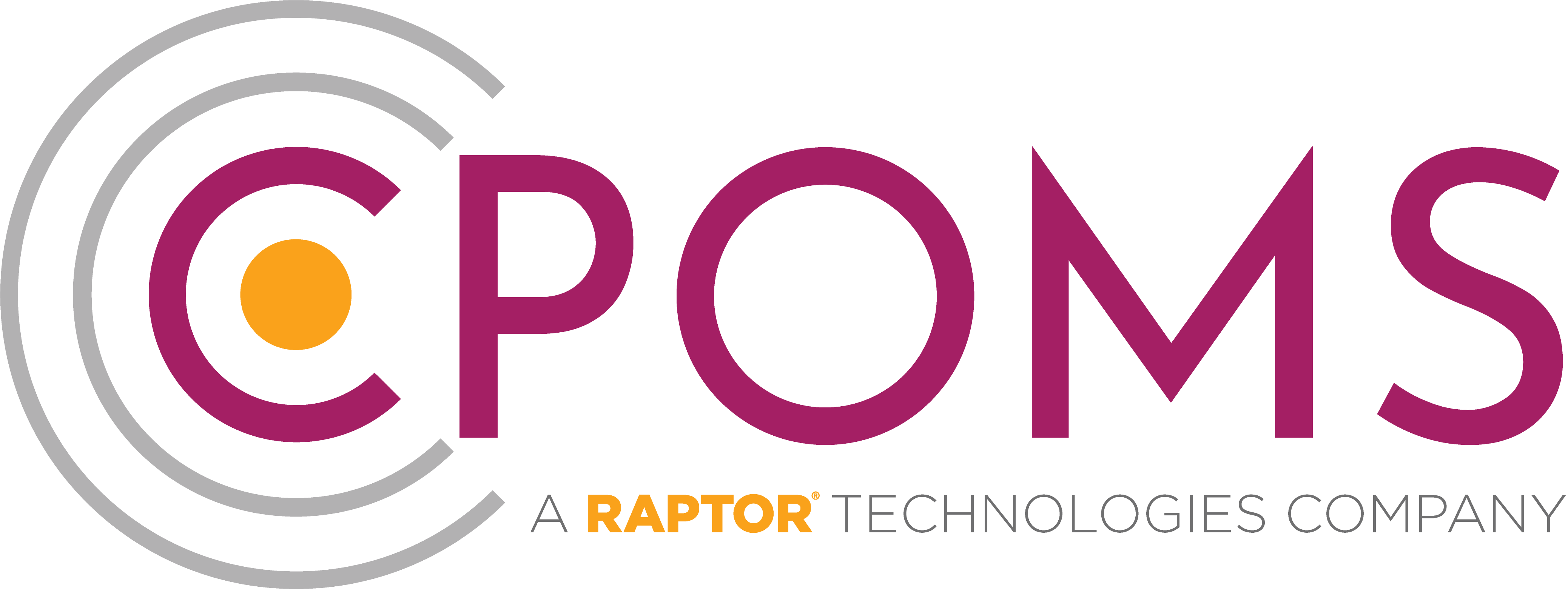Managing Staff Compliance with a Digital System
All schools must make sure they’re keeping track of their staff effectively to remain compliant. Part of this compliance is maintaining a Single Central Record (SCR) of safeguarding checks that have been carried out for all staff.
It’s also important to keep up to date with general staff information, their qualifications, and any assessments of them that you’ve carried out. Tracking this can be time-consuming, but there are ways to streamline this process and save time.
In this blog, we’ll outline the information you need for your staff and best practices to make staying compliant simpler and more efficient.
What information should you be keeping track of?
Whilst schools will probably already know exactly what information they’re required by law to keep, retaining some extra information can also be beneficial. Here’s a handy list you can save and refer back to regarding the information it’s useful to keep track of:
- Single Central Record – all the legally required safeguarding information will be here
- Initial recruitment checks – any information you gathered on the member of staff during the recruitment process including proof of qualified teacher status and degree certifications
- Employment history – information on the member of staff’s pay, contract, and pension
- References – details of reference information and contact details
- Evidence of right to work in the UK – either citizenship or visa details
- Induction and probation documents
- HMRC information – staff tax codes and national insurance numbers
- Sickness and absence records
- Training and development information – any courses or qualifications undertaken during their time at the setting, as well as personal performance and development records
- Outcomes of any formal disciplinary processes – full details of procedures will be listed in a separate document
- Any flexible working agreements
Where should schools store this information?
Traditionally, all this information would be stored in a paper filing system. But paper-based processes make things more difficult and are more likely to allow issues to slip through the net. This could also make it difficult during an Ofsted inspection if reports are requested. Some of the challenges of paper systems include the following:
- Reports and other information must be handwritten or typed out, which can be time-consuming
- There are many different paper forms used, meaning it’s difficult to search for and find the exact information you require quickly
- If you need to share information with other members of staff, you’ve got to seek them out in person and share something on paper with them
- Governors cannot access information remotely
Moving to a digital system
Using a digital system like CPOMS StaffSafe makes compliance simple, allowing you to be more efficient. You can log all information about staff in one place, from incident reports to training updates to wellbeing concerns. And it’s all easily accessible and can be viewed by multiple people at once if necessary.
Want to learn more?
To find out more about how CPOMS StaffSafe can help your organisation remain compliant and increase efficiency, request a demo today.




